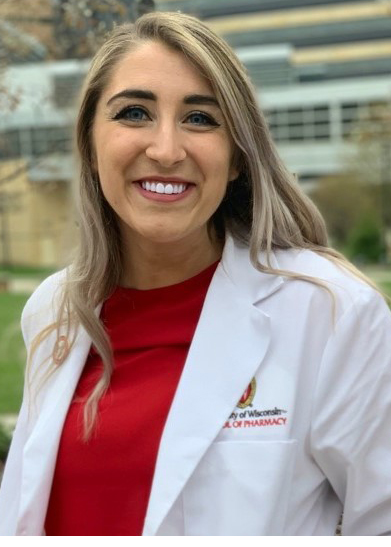CPF FUNDED GRANT DETAILS
Published studies are rare on pharmacist-patient opioid risk, safety communication and how to train pharmacists to do effective opioid consultations following CDC guidelines. We recently completed four studies related to pharmacist-patient opioid consultations and found that although patients want to know if they are on opioids, pharmacists do not tell patients their pain medication was an opioid or about the associated risks. Further, community pharmacists were uncomfortable talking with patients about opioid risks although patients and physicians believed pharmacists would be a good source of information about their prescribed opioids. In a second study, we explored the impact of an opioid safety information sheet to help students and practicing pharmacists initiate and conduct consultations covering opioid risks and safety. Having done this pre-work, we now seek funding to test and adapt this sheet with the input of a broader group of community pharmacists through focus groups, rapid evaluation observations and a randomized statewide survey of pharmacists intentions and feedback to fine tune the instrument and its use. Lastly, we will reach out to other CPF grantees addressing pharmacist opioid roles for optimum synergy to empower pharmacists as opioid safety educators.
-

Applicant:
Tanvee Thakur
MS, BPharm, PhD
University of Wisconsin- Madison
-

Team Member:
Betty Chewning
PhD FAPhA
University of Wisconsin School of Pharmacy
-

Team Member:
Tara AirolaUniversity of Wisconsin-Madison



